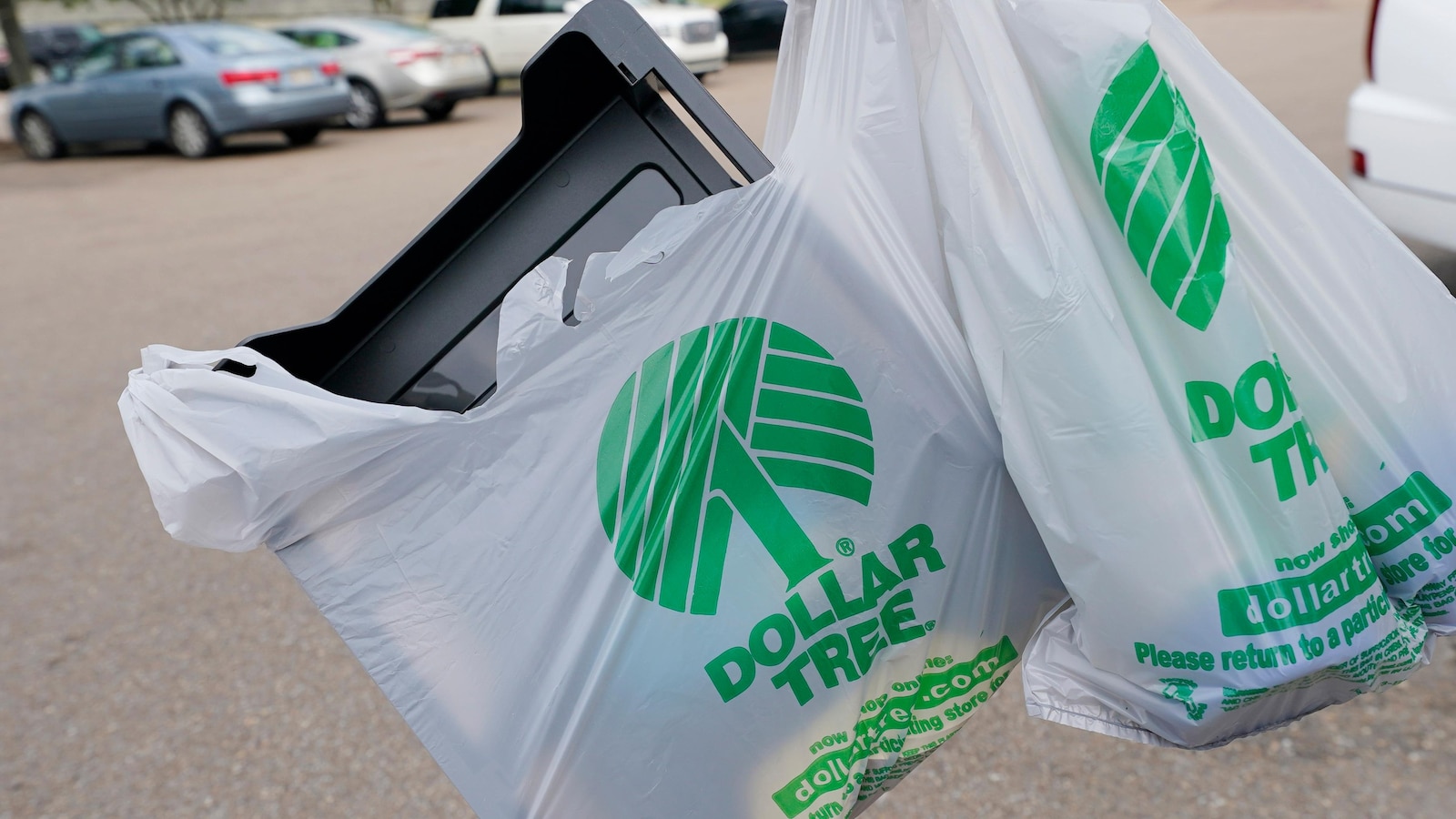
Dollar Tree swung to a surprise fourth-quarter loss and will close nearly 1,000 stores after the discount retailer slashed the value of a rival chain it acquired almost a decade ago.
Dollar Tree plans to close about 600 Family Dollar stores in the first half of this year and 370 Family Dollar and 30 Dollar Tree stores over the next several years.
Dollar Tree acquired Family Dollar for more than $8 billion in 2015 after a bidding war with rival Dollar General, but it has had difficulty absorbing the chain.
On Wednesday, Dollar Tree said that it would record a $950 million impairment against the trade name Family Dollar, on top of a $1.07 billion goodwill charge. Family Dollar will spend more than $594 million closing or rebranding stores, essentially erasing profits from the holiday season.
“This dramatic cull is the coup de grâce in the rather botched acquisition of the Family Dollar chain, which has caused Dollar Tree nothing but hassle since it was completed back in 2015,” wrote Neil Saunders, managing director of GlobalData. “Basically, almost ten years on, Dollar Tree is still sifting through the mess it inherited and has not been able to completely turn around,” Saunders said.
Saunders said in an emailed statement that nearly 12% of current Family Dollar stores will be closing over the next three years.
Shares of Dollar Tree tumbled 14% at the opening bell Wednesday.
For the three months ended Feb. 3, Dollar Tree lost $1.71 billion, or $7.85 per share. A year earlier the Chesapeake, Virginia, company earned $452.2 million, or $2.04 per share.
Stripping out certain items, earnings were $2.55 per share, which is still short of the per-share earnings of $2.67 expected on Wall Street, according to a survey by Zacks Investment Research.
Revenue climbed to $8.64 billion from $7.72 billion, a bit below Wall Street’s estimate of $8.67 billion.
Dollar Tree has been attracting consumers that have been stung by inflation as they seek to cut spending. During the quarter, sales at Dollar Tree stores open at least a year climbed 6.3%, with traffic up 7.1%. While more shoppers were heading to stores, they were closely watching how much they spent, with average ticket down 0.7%.
At Family Dollar, sales at stores open at least a year slipped 1.2%. Traffic edged up 0.7%, but average ticket fell 2%.
For fiscal 2024, Dollar Tree anticipates earnings between $6.70 and $7.30 per share. Revenue is expected in a range of $31 billion to $32 billion.
Analysts polled by FactSet expect full-year earnings of $7.04 on revenue of $31.68 billion.
Dollar Tree expects first-quarter earnings of $1.33 to $1.48 per share on revenue in a range of $7.6 billion to $7.9 billion.
Wall Street anticipates first-quarter earnings of $1.70 on revenue of $7.68 billion.
Dollar Tree, one of the largest discount retail chains in the United States, recently announced that it will be closing nearly 1,000 of its stores following a surprise fourth quarter loss. The news comes as a shock to many, as Dollar Tree has been a staple in communities across the country for its affordable prices and wide variety of products.
The decision to close these stores comes after the company reported a loss of $2.3 billion in the fourth quarter, a significant drop from the previous year’s earnings. This unexpected loss has prompted Dollar Tree to reevaluate its business strategy and make some tough decisions in order to stay competitive in the ever-changing retail landscape.
The closures are expected to affect both Dollar Tree and its sister store, Family Dollar, which have a combined total of over 15,000 locations nationwide. The company has not yet released a list of which stores will be closing, but it is likely that those with lower sales and higher operating costs will be the first to go.
In a statement, Dollar Tree CEO Michael Witynski acknowledged the challenges facing the company and emphasized the need to streamline operations and focus on profitability. “We are committed to making the necessary changes to ensure the long-term success of our business,” Witynski said.
The closures are just the latest in a series of challenges facing Dollar Tree and other discount retailers. With increasing competition from online retailers like Amazon and Walmart, as well as rising costs for labor and goods, many brick-and-mortar stores are struggling to stay afloat.
Despite these challenges, Dollar Tree remains optimistic about its future. The company plans to invest in remodeling and expanding its remaining stores, as well as improving its online presence to better compete with e-commerce giants.
For customers who frequent Dollar Tree stores, the closures may mean fewer options for affordable shopping in their communities. However, the company has assured that it will work to minimize the impact on employees by offering transfers to other locations where possible.
As Dollar Tree navigates these changes and works to regain profitability, it serves as a reminder of the challenges facing traditional retailers in today’s fast-paced and competitive market. Only time will tell if these closures will help the company bounce back or if further adjustments will be necessary to ensure its long-term success.


